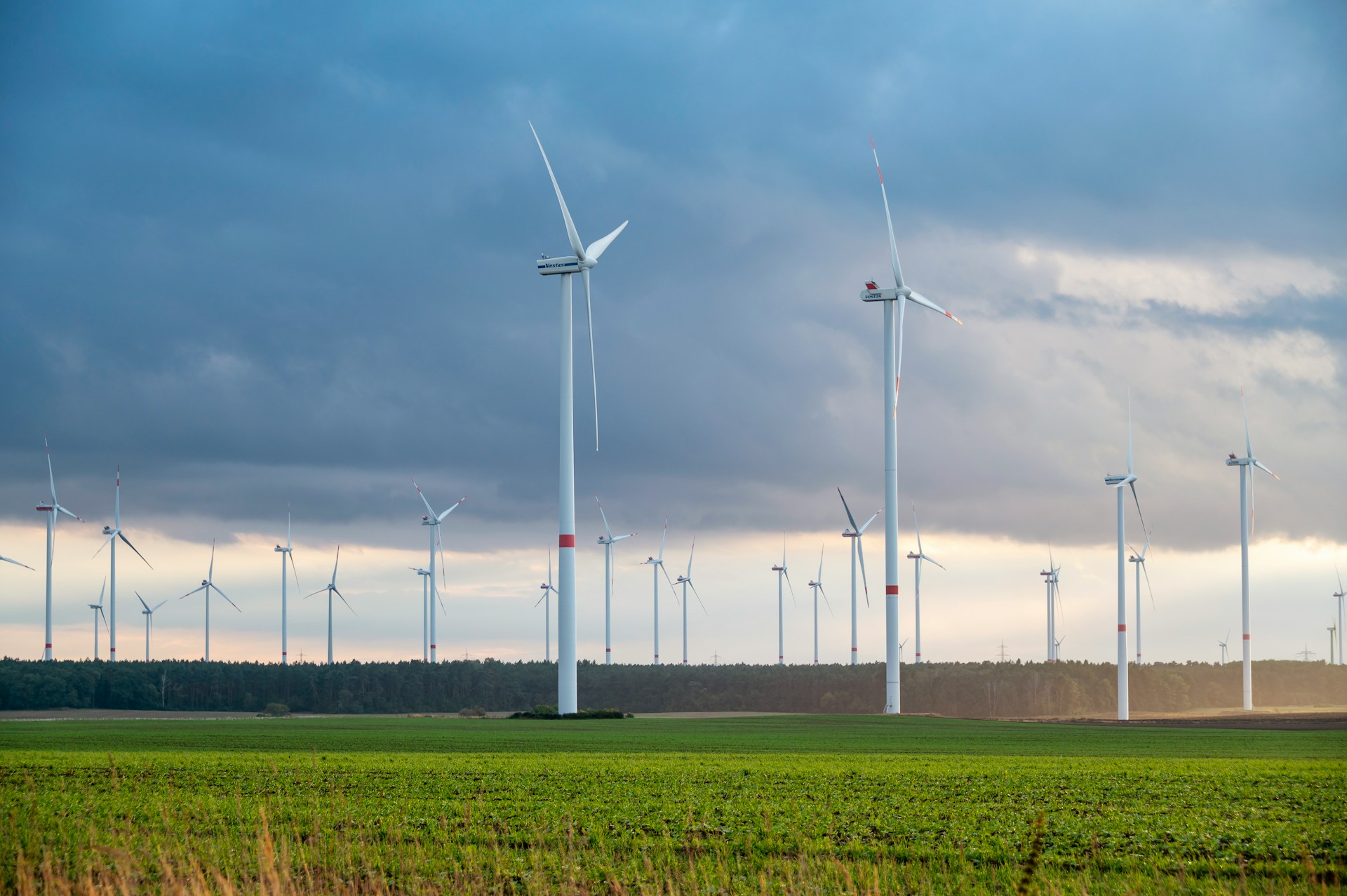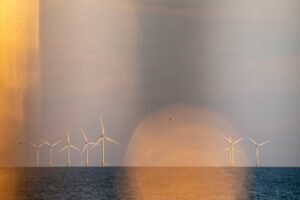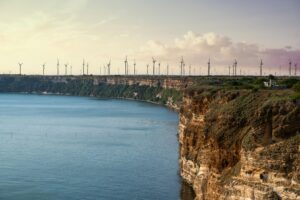A report from the UN Secretary General “Seizing the moment of opportunity: supercharging the new energy era of renewables, efficiency, and electrification,” presented on Tuesday 22 July 2025 and prepared in collaboration with institutions and research bodies both within and outside the UN system, offers a snapshot of the global energy transition.
According to UN Secretary-General António Guterres, “this is not just a shift in power but a shift in possibility, in repairing our relations with the climate.”
The report confirms several trends familiar to those working in the sector, but often overlooked, downplayed or misrepresented by many transition sceptics and a number of policymakers. At the same time, it sounds the alarm that the industrial revolution in technologies for producing, transforming and consuming energy is not advancing evenly across the world’s major regions.
Key points include:
- Renewable and electrification technologies are undergoing an exponential boom in terms of cost reductions and commercial uptake. In almost every part of the world, electricity from large-scale onshore wind and solar power is now cheaper than fossil fuels. Around 75% of new wind and solar photovoltaic plants will offer cheaper energy than existing fossil-fuel facilities worldwide.
- In 2023, the global average cost of electricity from new nuclear plants was 23.1 US cents/kWh. By 2024, the average cost of solar photovoltaic energy was more than five times lower (4.3 cents/kWh), while onshore wind was more than six times lower (3.4 cents/kWh).
- When assessing new energy capacity today, solar photovoltaic and onshore wind power are not only the cheapest option, but also the fastest. On average, industrial-scale solar and wind projects take between one and three years (including planning, development and construction), compared with up to five years or more for coal and gas plants, and 10–15 years for nuclear plants.
- Solar and wind energy production are set to overtake nuclear energy by 2026.
- While fossil fuel imports involve ongoing spending to maintain flows of fuel that are immediately burned for consumption, importing goods such as renewable technologies and stock is a one-off investment that creates and embeds long-term value for society and the economy. Once installed, renewables are not subject to supply disruptions or short-term price volatility. At 2024 prices, importing 1 GW of solar panels would deliver savings equivalent to 30 years of gas import costs, over the panels’ average 30-year lifetime.
- Looking at installed stock alone does not do justice to the revolution underway. In 2024, 93% of new global electricity generation capacity (almost 600 GW) came from renewables, even though the existing portfolio still showed a slight predominance of fossil fuels (likely to be overtaken by renewables in terms of stock by 2025). While it takes time for existing plants to reach the end of their life cycle (or to be decommissioned earlier, as many countries are doing with coal-fired plants), the effectiveness of transition policies and technologies must be measured by new capacity, i.e. today’s investments, not yesterday’s.
- The race for new technologies is far more advanced in developed economies and in China than in the rest of the world, with Latin America and Africa dangerously behind. Africa, despite being home to the majority of people without access to electricity, accounted for just 1.5% of new renewable capacity in 2024.
What obstacles must be overcome to support and consolidate the transition and extend it to the regions that remain behind?
- Overcoming resistance from fossil-fuel interests, which run counter to the interests of society as a whole. For Italy in particular, this means the government must focus on long-term sustainability rather than the short-term returns of the oil and gas companies in which it holds shares.
- Ensuring consistency in public policy. We cannot invest resources in both the transition and in delaying it. In Italy’s case, this means accelerating the phase-out of fossil fuel subsidies which, by the government’s own admission, increasingly outweigh those supporting environmentally friendly technologies. It also means reforming the governance of energy networks, concentrating financial and human capital on electrification while progressively divesting from gas and fossil fuels in general. For example, plans to build a gas pipeline in Sardinia would impose high costs on all citizens compared with the available alternatives. Such a policy, explicitly favouring fossil fuel interests over cheaper and more sustainable options, would be irresponsible.
- Developing international partnerships and programmes so that regions with insufficient investment in new technologies can connect to global progress. ECCO, as a promoter of the TERAMed initiative, is pushing for a common Mediterranean strategy so that the entire macro-area can move in a coordinated way towards 1 TW of installed renewables within a decade. This would benefit all sides of the Mediterranean, also by smoothing out seasonal peaks in electricity demand that an integrated system could manage more effectively than Europe, North Africa and the Middle East acting separately.
The new industrial revolution essential both for the climate and for secure, affordable energy, is already underway and cannot be stopped. But to make it even more advantageous and sustainable, it must be accompanied by the right policies.
Read the Secretary-General’s presentation of the report
Photo by Etienne Girardet







